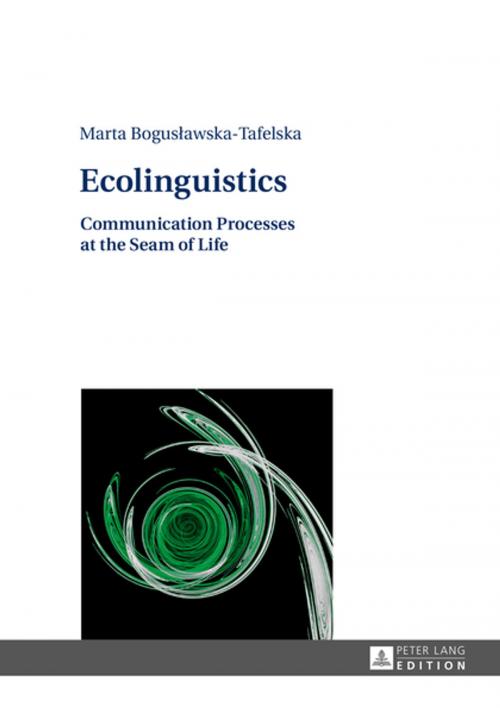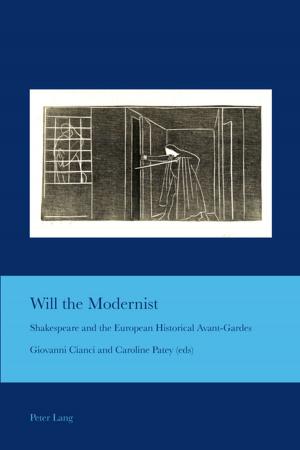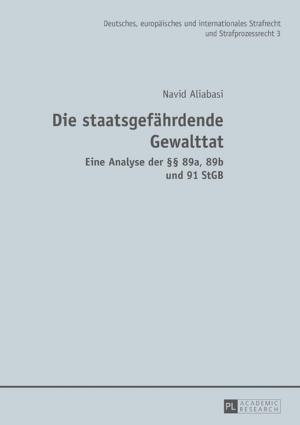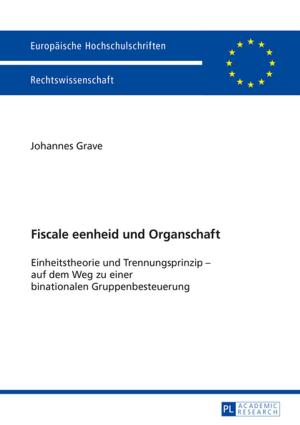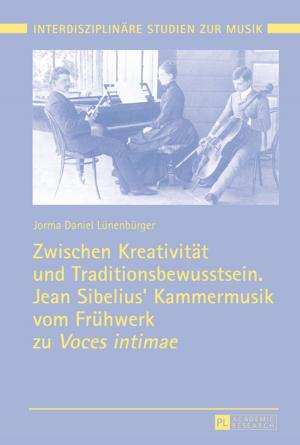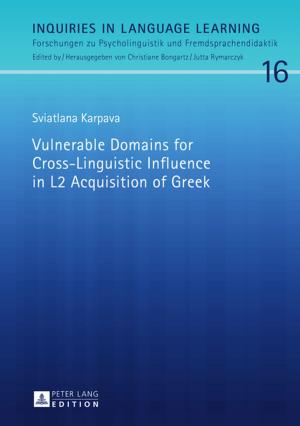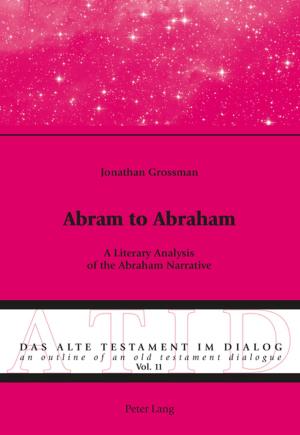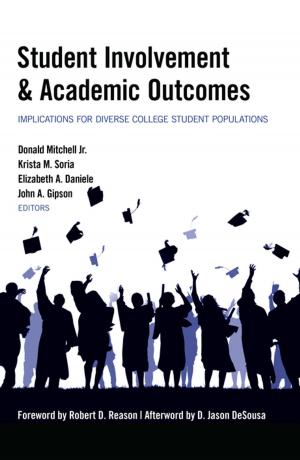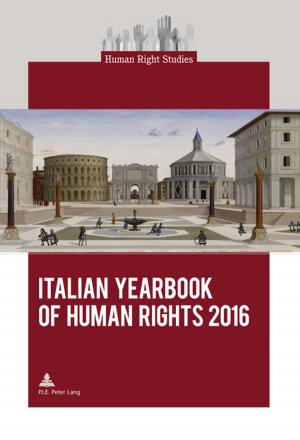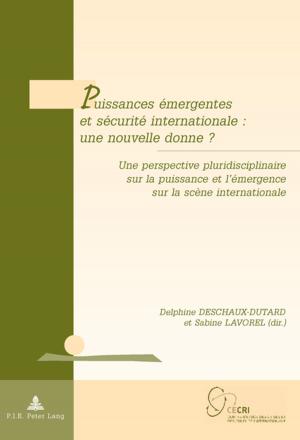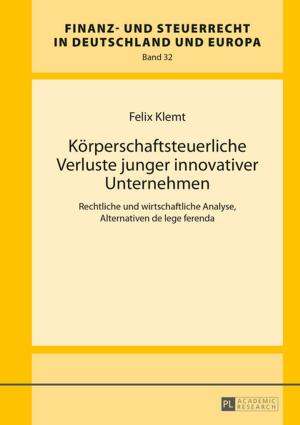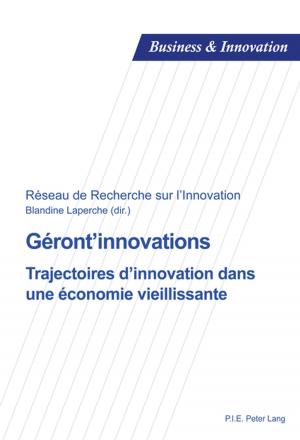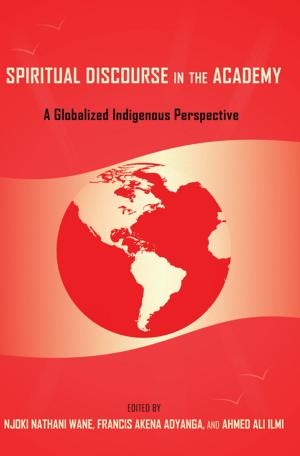Ecolinguistics
Communication Processes at the Seam of Life
Nonfiction, Reference & Language, Language Arts, Religion & Spirituality, Philosophy, Health & Well Being, Psychology| Author: | Marta Boguslawska-Tafelska | ISBN: | 9783653959000 |
| Publisher: | Peter Lang | Publication: | March 11, 2016 |
| Imprint: | Peter Lang GmbH, Internationaler Verlag der Wissenschaften | Language: | English |
| Author: | Marta Boguslawska-Tafelska |
| ISBN: | 9783653959000 |
| Publisher: | Peter Lang |
| Publication: | March 11, 2016 |
| Imprint: | Peter Lang GmbH, Internationaler Verlag der Wissenschaften |
| Language: | English |
This volume proposes a new, post-Newtonian alley in modern language and communication studies. The new linguistics receives here the label ecolinguistics, as the conceptual-terminological field founded on the «ecological» metaphor seems optimal to formulate the thesis of human language being a life process, and involving a repertoire of ecosystemic, not exclusively cognitive or social, parameters. Communicators are living systems and as such they transpersonally co-build momentary meanings and communicational senses together with the rest of the communication field. The communication apparatus which is phylogenetically present in humans includes both the cognitive modalities and the noncognitive communication modalities. The ecolinguistic paradigm in modern linguistics offers new theoretical departure models for educational programs, for psychological/therapeutic interventions, or for self-exploratory and self-educational undertakings of a human communicator.
This volume proposes a new, post-Newtonian alley in modern language and communication studies. The new linguistics receives here the label ecolinguistics, as the conceptual-terminological field founded on the «ecological» metaphor seems optimal to formulate the thesis of human language being a life process, and involving a repertoire of ecosystemic, not exclusively cognitive or social, parameters. Communicators are living systems and as such they transpersonally co-build momentary meanings and communicational senses together with the rest of the communication field. The communication apparatus which is phylogenetically present in humans includes both the cognitive modalities and the noncognitive communication modalities. The ecolinguistic paradigm in modern linguistics offers new theoretical departure models for educational programs, for psychological/therapeutic interventions, or for self-exploratory and self-educational undertakings of a human communicator.
